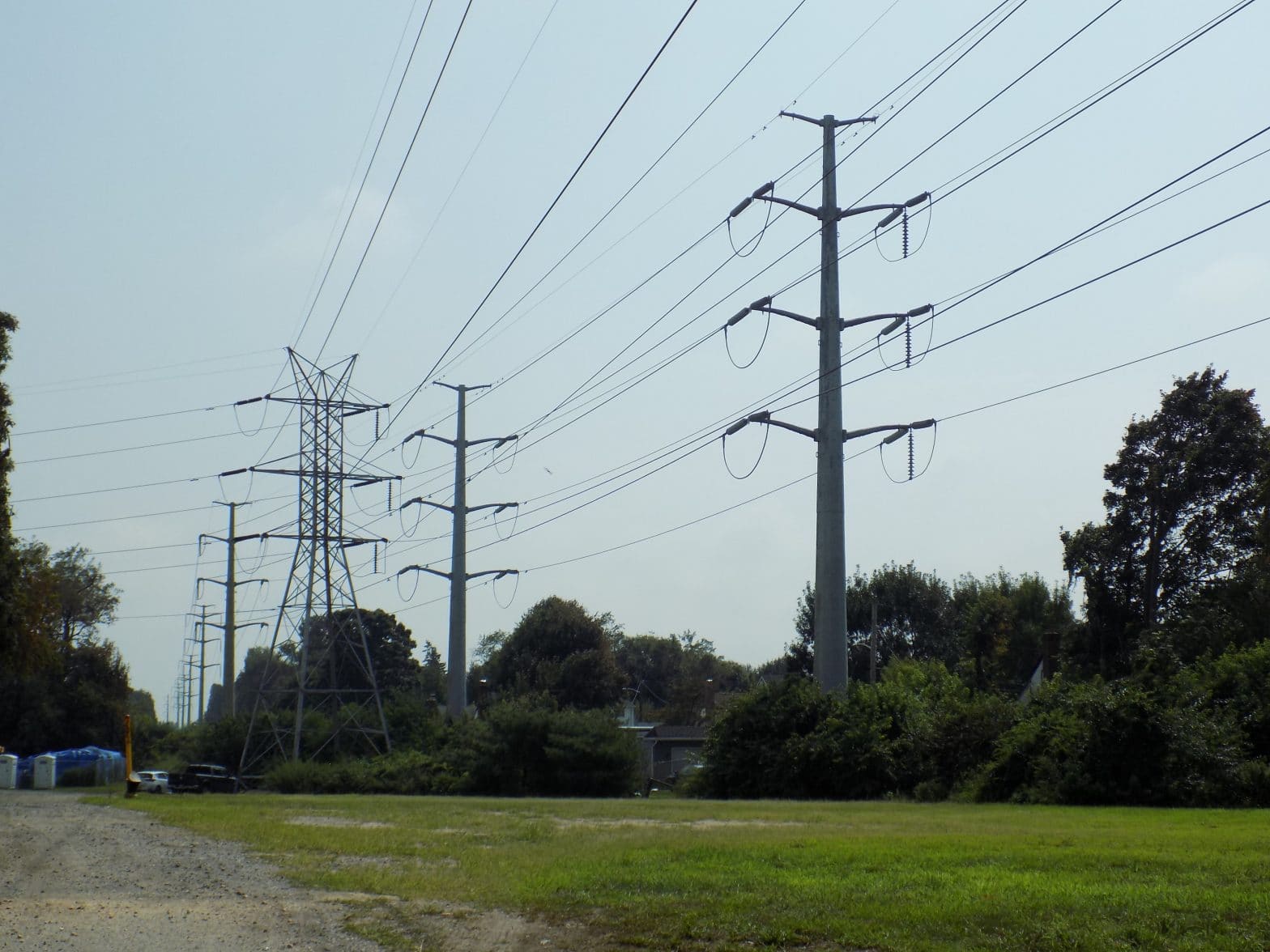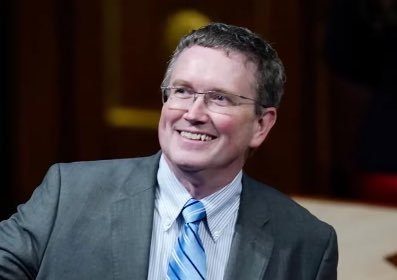Bipartisan Policy Center Hosts MOCs on Rural Broadband, Telehealth Discussion

This week, the Bipartisan Policy Center, a think tank based in Washington, D.C, hosted Reps. Josh Gottheimer, D-N.J. and Dave Joyce, R-Ohio, for a discussion of rural broadband access in connection with telehealth and education. The discussion was part of the American Congressional Exchange Program from the BPC and was moderated by BPC Founder and President Jason Grumet.
Joined by a panel of experts in the medical field and local mayors, the congressmen and Grumet discussed rural broadband access in the context of affordability, telehealth challenges and innovations, as well as overcoming partisan gridlock in Congress.
“I’d like to thank the Bipartisan Policy Center for having me on the Congressional Exchange Program and their deeply important work, because, I feel we need more civility, decency, and mutual respect in our political system and in our political dialogue — from both sides of the aisle — and less partisanship and gridlock. This is why a program like the Bipartisan Policy Center’s American Congressional Exchange is so important and why conversations like what my friend and colleague, Congressman Joyce, had today are so vital,” said Gottheimer in a public statement.
“As a first-world country and the largest economy in the world, access to basic internet should not be an issue,” concluded Gottheimer’s statement.
“More than 300,000 Buckeye households lack access to high-speed internet,” said Joyce. “That’s roughly one million Ohioans who can’t access education or health care services during this pandemic or are limited in seeking opportunities in today’s economy because the connectivity required to do so simply doesn’t exist where they live.
“I thank my friend and colleague Congressman Gottheimer for joining me today to explore ways we can expand broadband access for both the underserved and the unserved. I’m proud to work with him on the Problem Solvers Caucus to bridge the partisan divide that has prevented Washington from acting on critical issues like this for far too long.”
To begin the discussion, Grumet asked the congressmen and panelists to introduce themselves with opening remarks on the issue of rural broadband access.
Joyce, one of the co-sponsors of H.R. 4238, began his remarks by stating the challenge of providing rural broadband access “hit home” for him when he learned of the issues his constituents face on a daily basis.
“If you would have asked me prior to the pandemic if broadband should be part of the infrastructure package, I just would’ve said ‘No, it’s a private thing.’
“But certainly when you go out to McDonald’s that are only drive-throughs and you see the parking lots packed with families downloading their homework and co-opting the wi-fi … or having to load up the van to go to the local cooperative schools so that people could sit in the parking lot and download their homework, you begin to realize that access to fast, reliable internet services become increasingly necessary for gainful employment, educational programs and for preparation for the kinds of careers that we know will exist in the future.”
Joyce went on to say that the pandemic triggered congressional urgency to pass legislation for rural broadband access and that telehealth use has increased as well at health facilities across the country.
According to the Department of Health and Human Services, 43% of health centers across the country were offering telehealth services. Since the start of the COVID-19 pandemic, more than 90% of health centers offer these services, with most health visits being held on a virtual basis.
Yet, despite the increased need for telehealth and despite multi-billion dollar efforts to combat the growing digital divide, the Federal Communications Commission recently found that a quarter of rural Americans, approximately 14.5 million, still do not have access to high speed broadband.
To aid in the growing digital divide, the Problem Solvers Caucus released its “March to Common Ground” framework last month to break partisan gridlock on COVID-19 relief negotiations and prioritize the need for negotiators to return to relief talks. Gottheimer and Joyce are members of the bipartisan caucus.
Expanding on the issue of telehealth, the panelists of BPC offered solutions to the congressmen and federal government on ways in which they can further help those in the medical field.
Gregory Davis, founder of Patriot at Home, a home healthcare company based in northeast Ohio that provides at-home healthcare for rural patients, proposed that Congress should consider providing reimbursements for at-home health providers such as Patriot at Home. Davis later on in the discussion said that home-based care is “not given a lot of love in Congress” in terms of federal funding, but said reimbursement is a step in the right direction.
Echoing Davis’ sentiment, Adele Stars, the mayor of Knowlton Township in rural northern New Jersey, proposed several methods by which Congress could help improve rural broadband access.
Starrs suggested that Congress should underwrite the cost of fiber optic cable for rural areas as well as update federal census block maps to accurately reflect rural areas which do not have broadband access.
Additionally, Starrs proposed that Congress should call on the FCC to change the qualifications for federal Connect American Fund (CAF) grants to allow towns such as hers who have poor broadband connectivity the ability to apply for such grants.
Shade Cronan, the director of the Zufall Health Foundation, which serves over 40,000 patients annually in northwest and central New Jersey, described the challenge of providing telehealth to the vulnerable populations that her foundation services.
“I think what we have found is that our patients who need telemedicine the most are the ones that have the most difficulty accessing it,” Cronan said.
She elaborated further saying that her foundation works with “a number of special populations” including senior citizens in public housing, those who are homeless, migrant seasonal farm workers in northwestern New Jersey, and veterans.
Cronan noted that these populations often lack transportation to go to health care clinics and that they also lack the ability to reserve time in their work and childcare schedules to receive health care. Cronan said that although her foundation is trying to mitigate these challenges by utilizing mobile healthcare units to visit patients, the issue of broadband access still remains.
Dr. Michelle Medina, associate chief of Clinical Operations at the Cleveland Clinic, echoed the sentiment of the panelists and described the innovations that the Cleveland Clinic has undertaken since the start of the pandemic.
Medina explained that the Cleveland Clinic launched a home monitoring program, called MyChart, where patients can self-monitor potential COVID-19 symptoms and can be in touch with their primary care physician if they test positive for coronavirus. The program has treated 7,500 out of the 12,500 positive COVID-19 in Cuyahoga county, where the Cleveland Clinic is located.
“We’ve been instrumental in making sure people in our area who are COVID positive stay well,” Medina said of the Cleveland Clinic’s success with MyChart.
Medina said the program’s method of smartphone telehealth has been so successful that it has helped reduce the risk of patients being admitted to hospitals because of COVID-19 complications by 7.5%.
“…Accessibility is probably just the baseline thing that we need to think about as we lay down the infrastructure for broadband technology,” concluded Medina.
Gottheimer and Joyce were asked what it would ultimately take to advance rural broadband access across the country.
Gottheimer said that the next Congress should prioritize passing infrastructure legislation with rural broadband access being a key inclusion of said legislation.
Joyce agreed with Gottheimer and said that the apparent new norm of in-house doctor calls for patients should be considered a “selling point” for Congress to consider passing infrastructure legislation.
Towards the end of the discussion, Grumet asked the panel of experts what other solutions should be considered by Congress.
Cronan advised the members of Congress to not forget those who receive Medicaid, Medicare and the uninsured when it comes to telehealth considerations
“If the pandemic’s taught us anything, it’s that all of our health is really intertwined and we need to make sure that all members of our community have access,” said Cronan.
























